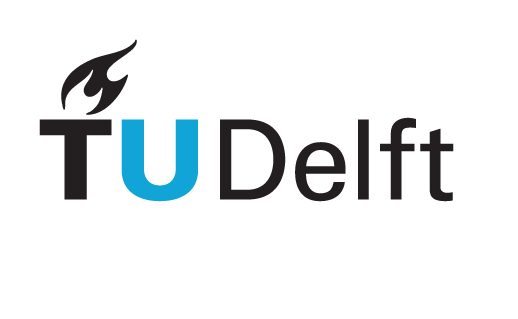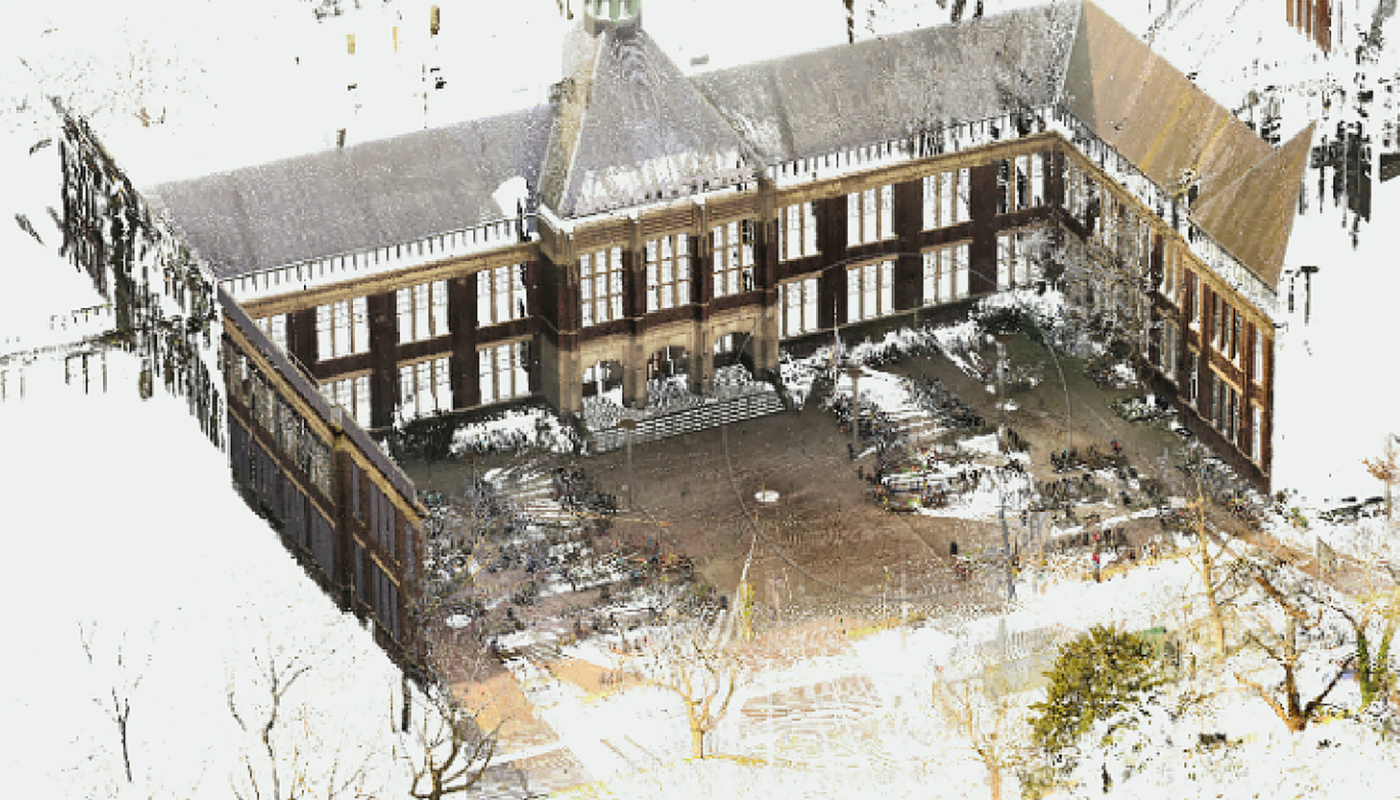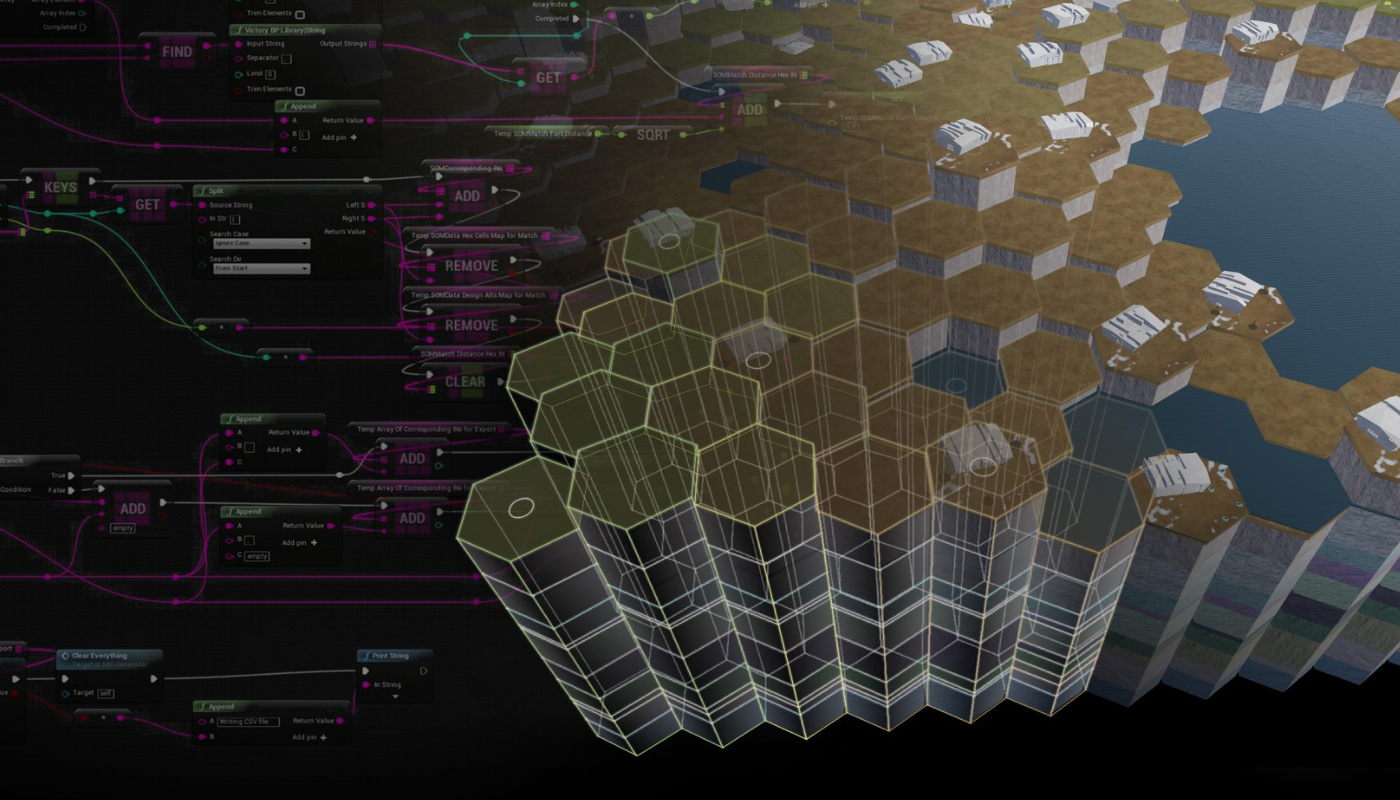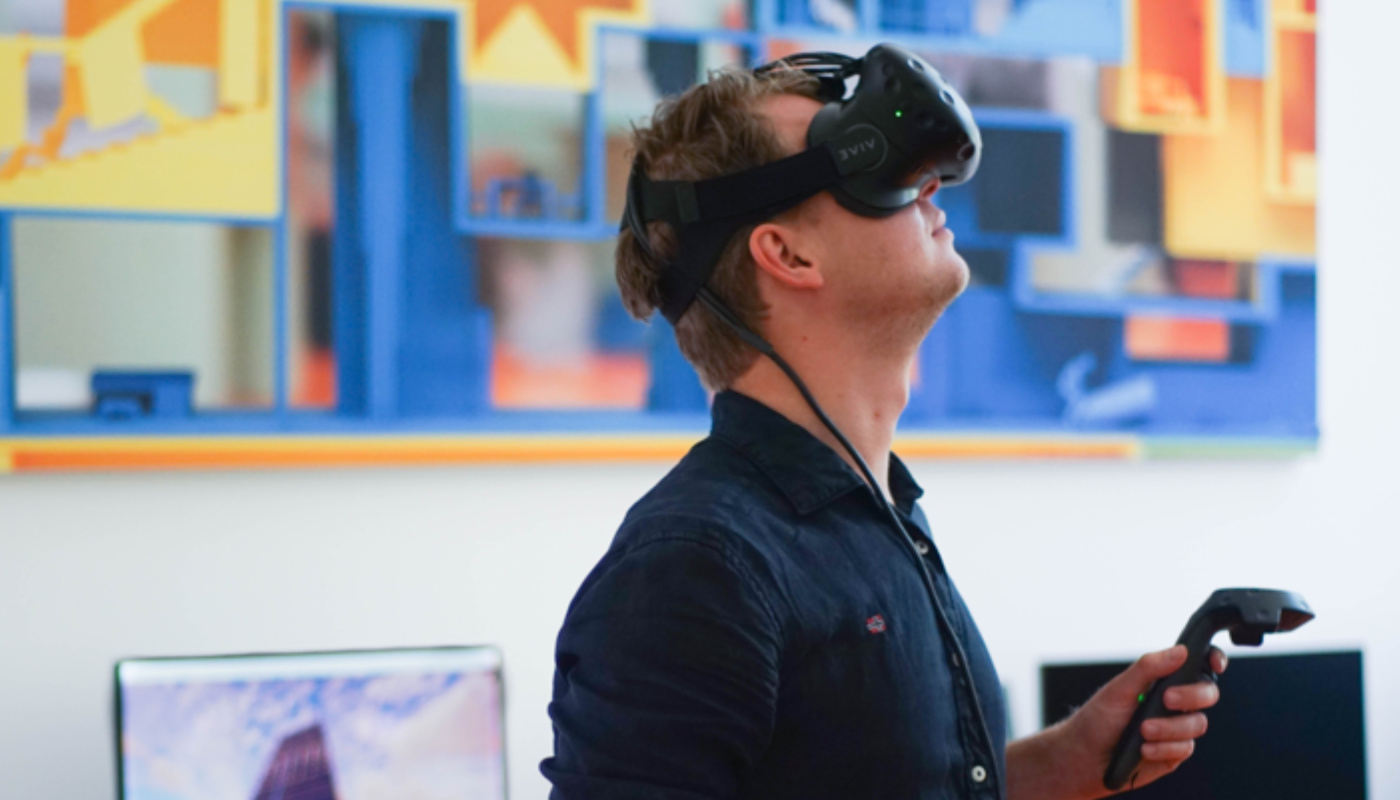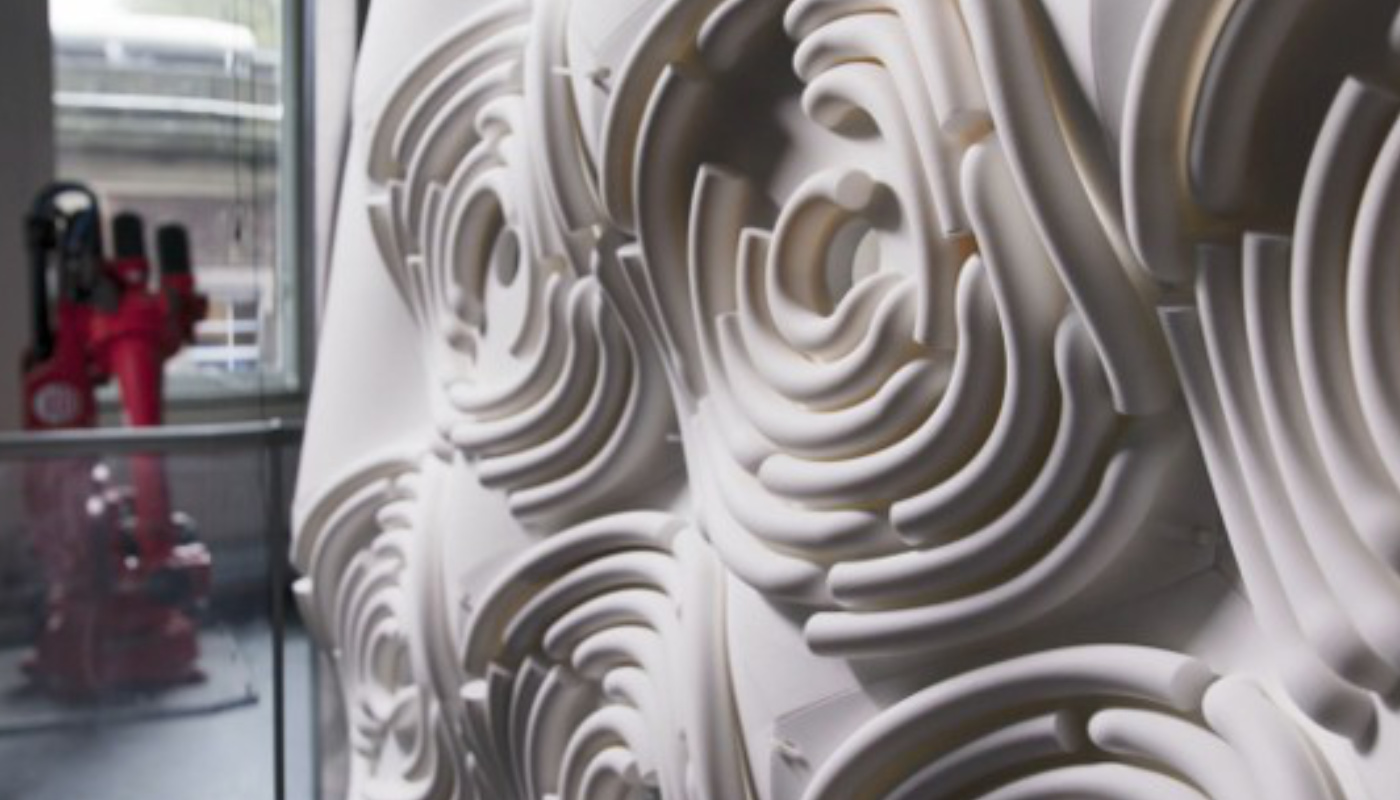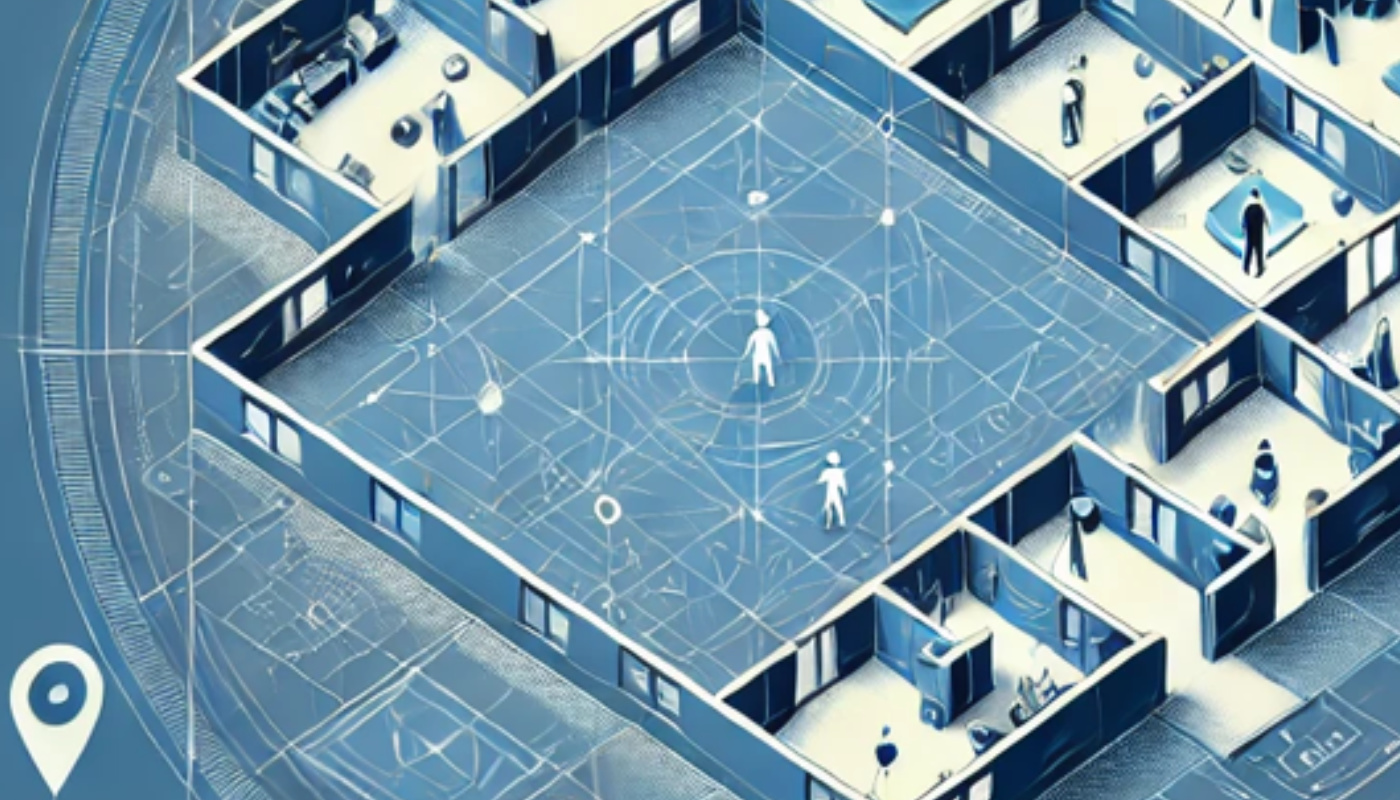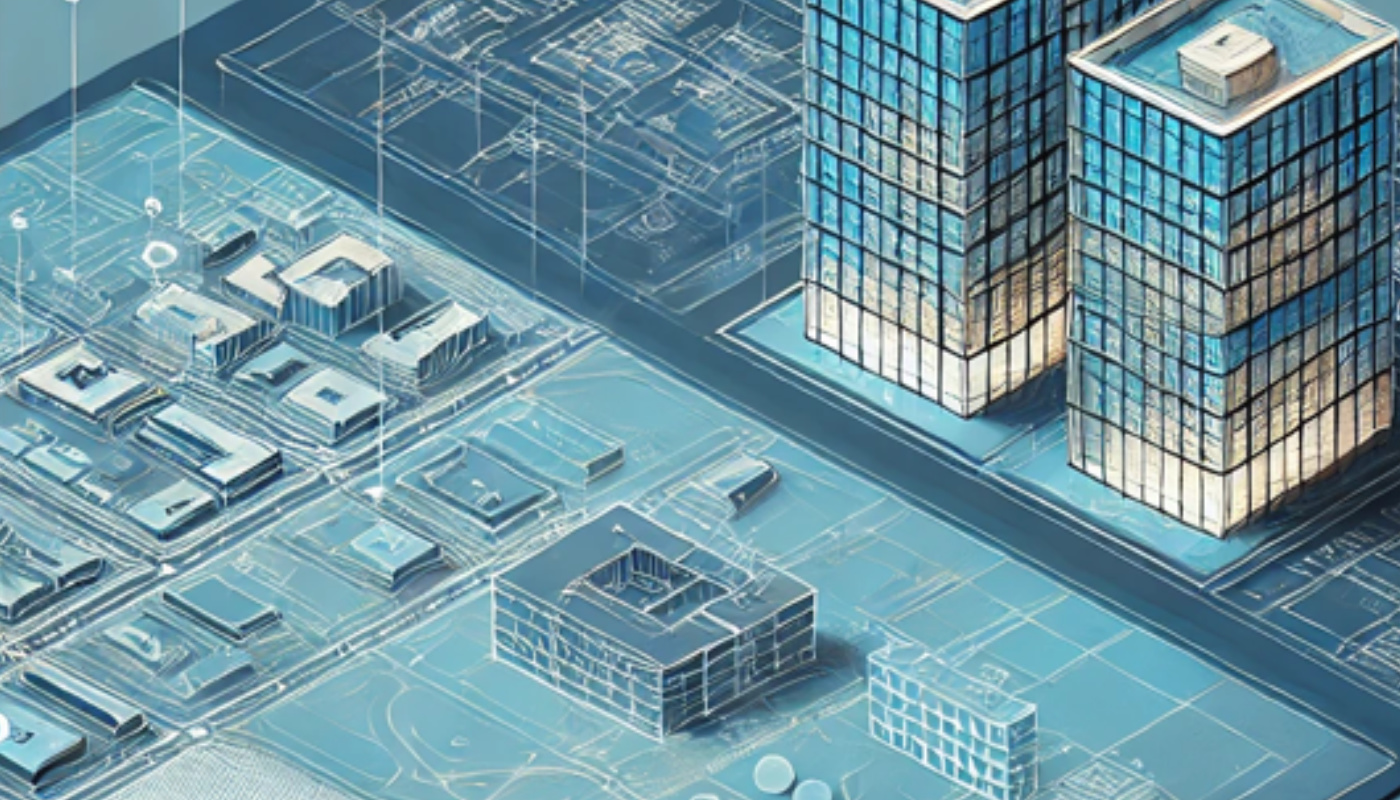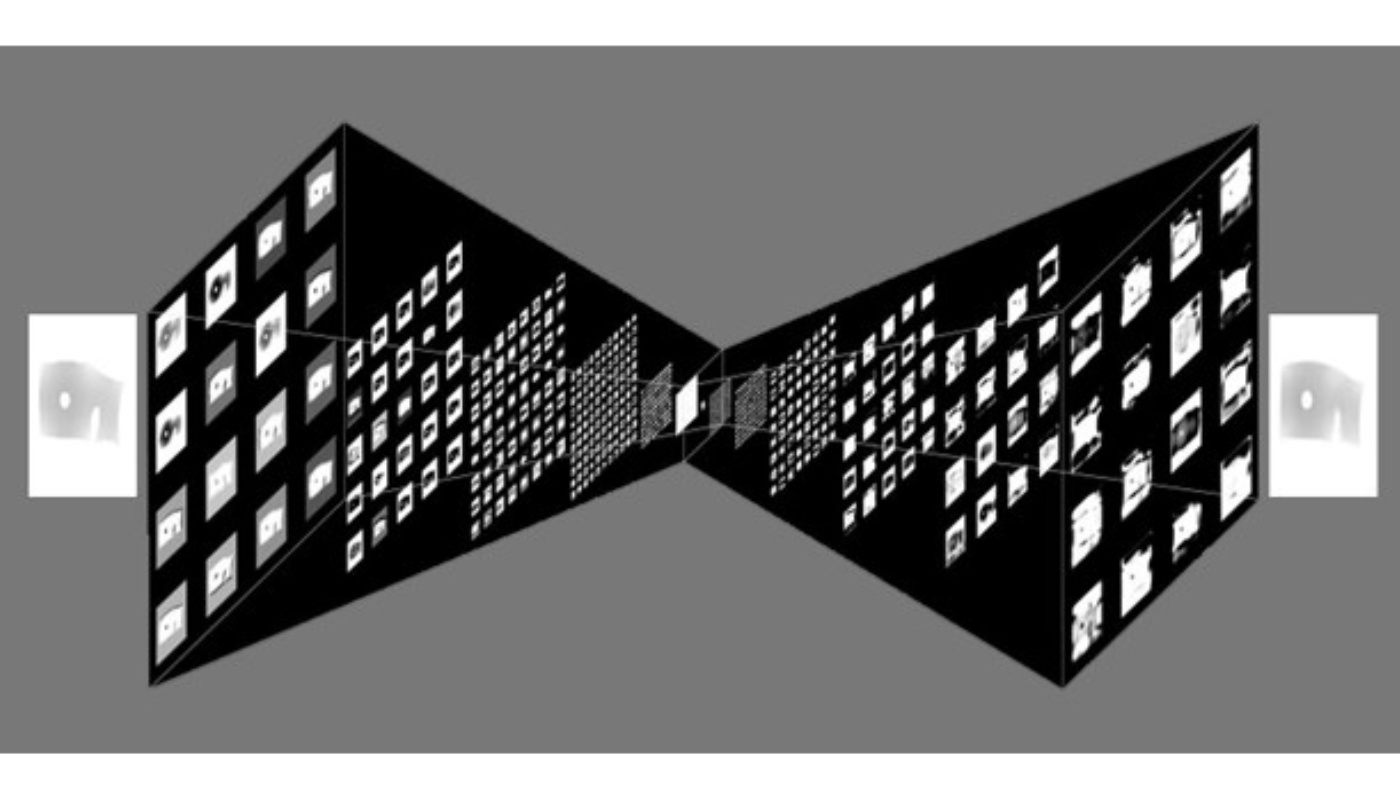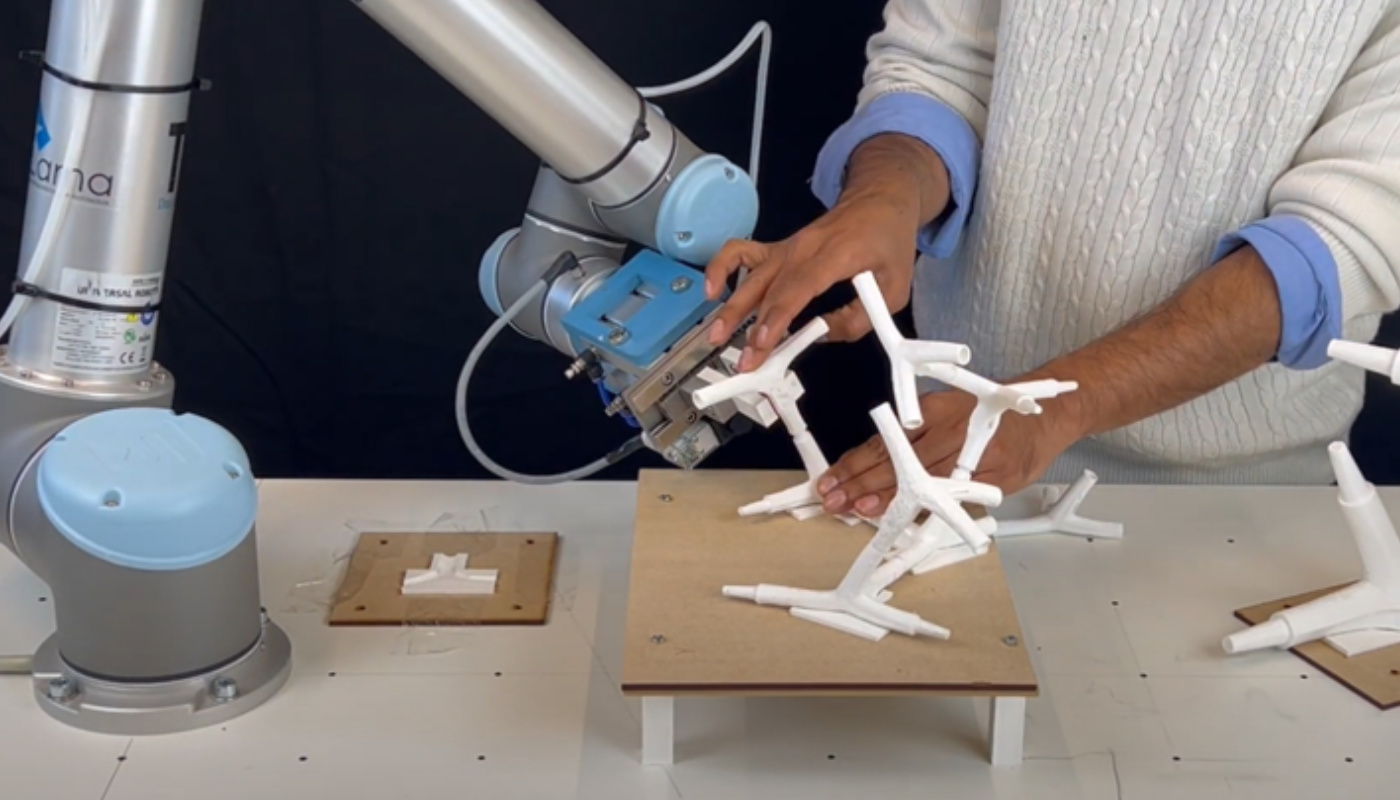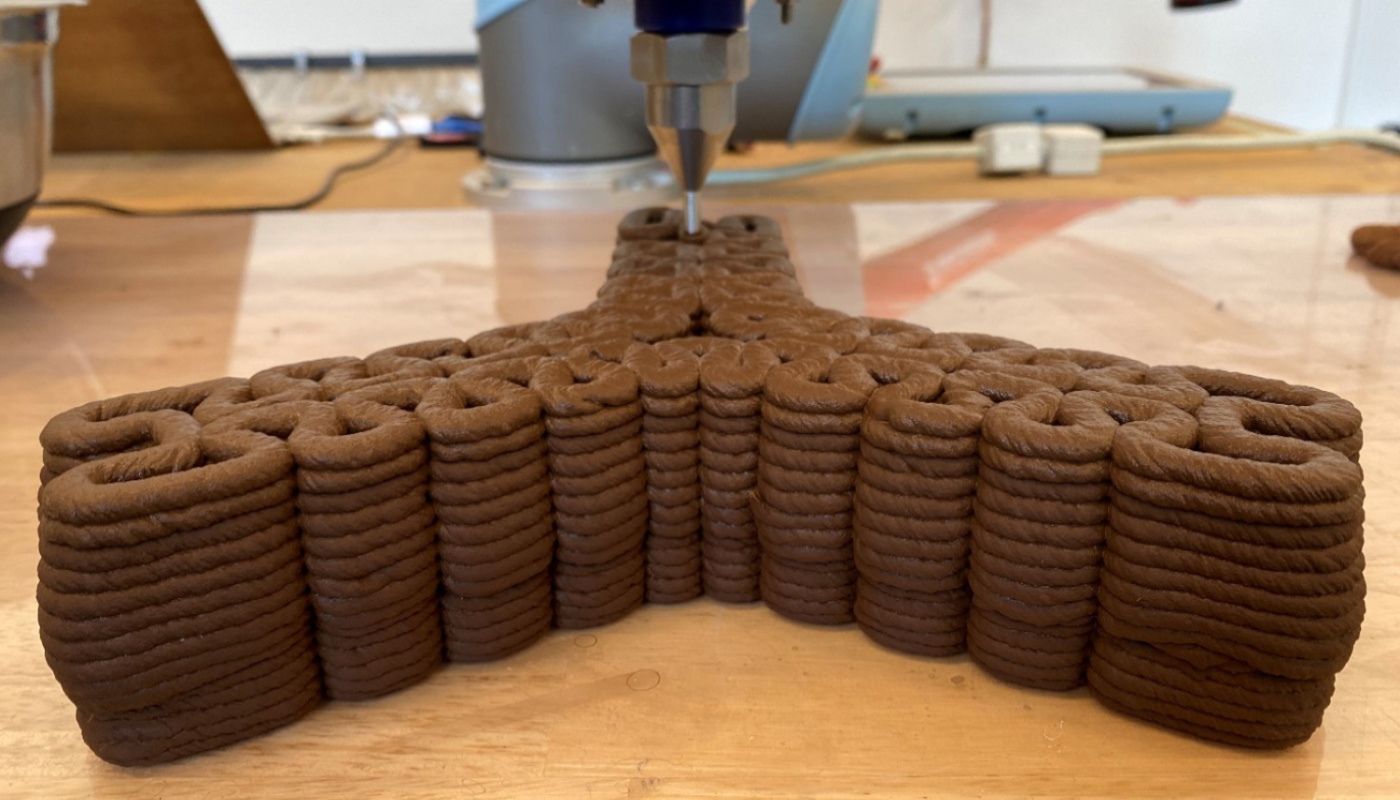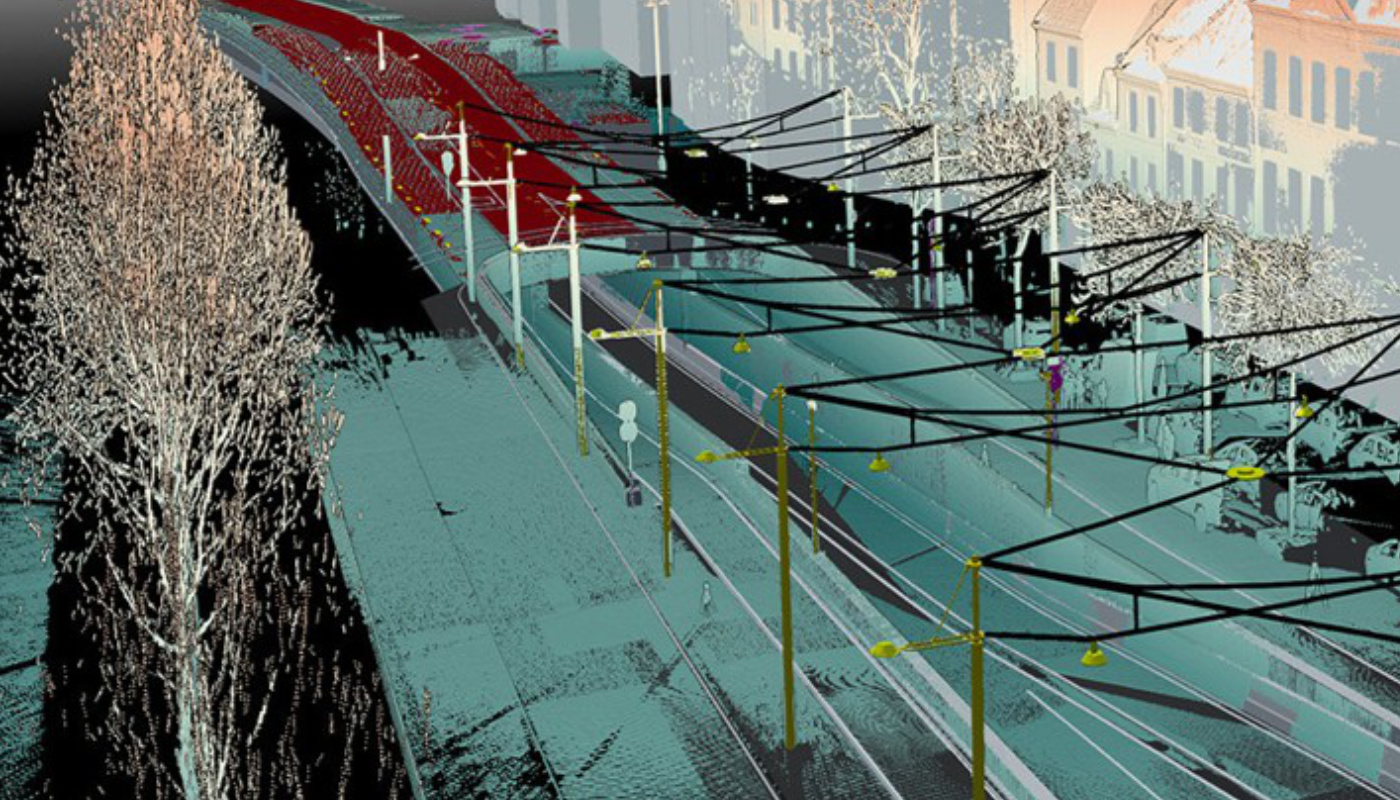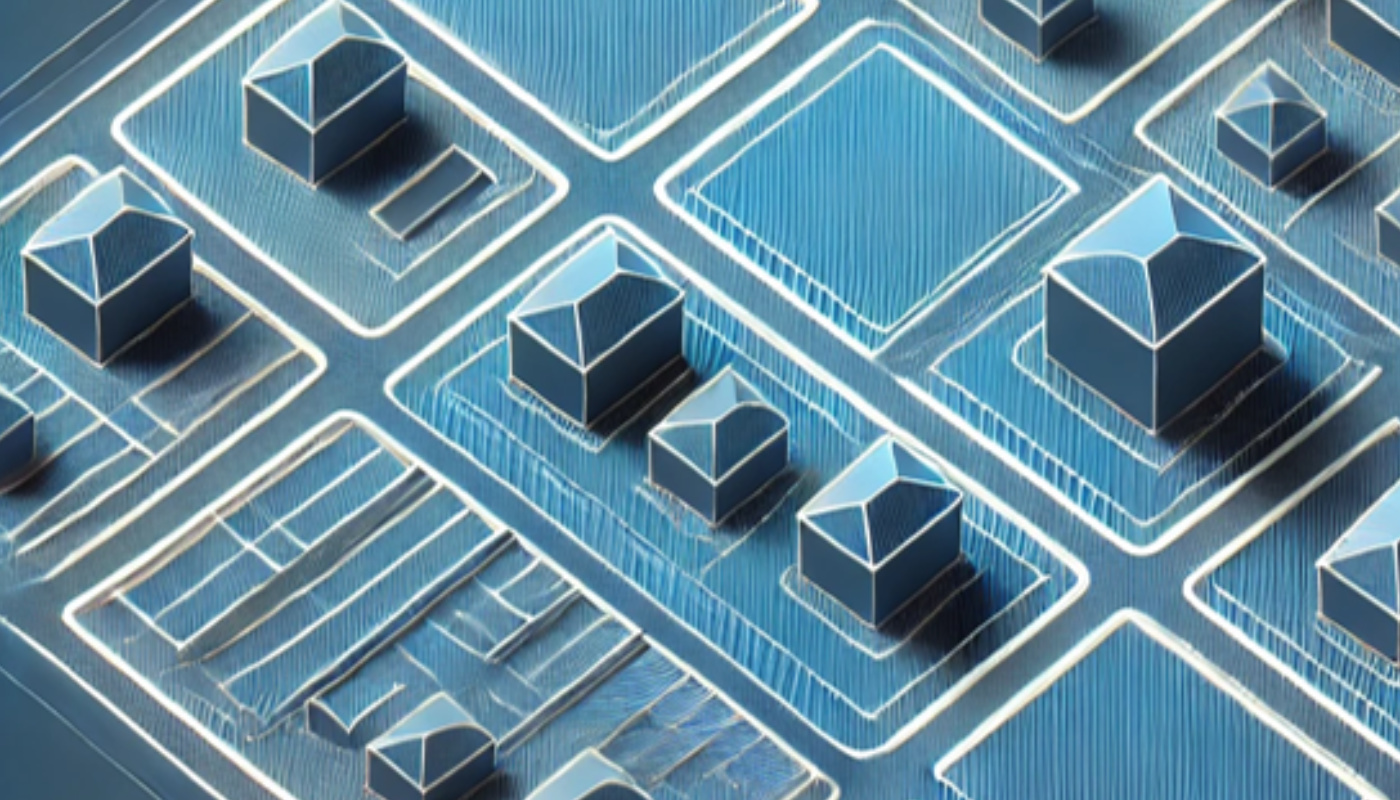Digital Technologies Section
Digital Technologies accelerate our progress towards sustainability targets, help answering the challenges of urbanisation, and are essential to cope with the complexity of the built environment. The Digital Technologies Section is one of the five Sections of the Architectural Engineering and Technology Department at TU Delft. We are a team of Architects, Engineers, Geospatial and Computer scientists.
Focus and Mission
The Digital Technologies Section focuses on computational methods, techniques, and tools to sense, understand, model, design and fabricate the built environment. Our approach integrates computational design and geo-spatial data. We focus on spatial data and infrastructure for geographic data modelling and dissemination, driving paradigm shifts towards vario-scale geo–information and point cloud representations, and advancing the geo-information infrastructure to solve complex social, industrial and management problems in the built environment. To support architects and engineers from design conception to digital fabrication, we focus on AI-supported and performance-based design; foster human-computer cocreation, and innovate in design space exploration for decision making, and human-robot interaction for creative robotics.
Expertise
Our expertise includes techniques in Artificial Intelligence, Sensing, Data Infrastructures, 3D- 4D- and Multidimensional- Modelling, Point Clouds, Simulations, Digital Twins, Parametric Design, Virtual Reality, Robotics, Additive Manufacturing, among others.
Labs
Our Section leads several Labs to support Research and Education activities. They are knowledge hubs linked to hardware and equipment. They support students work, research projects and collaborations with Industry. The LABs are: the Virtual Reality Lab (VR Lab) in collaboration with Urbanism; the Laboratory for Additive Manufacturing in Architecture (LAMA); the Geo-Database Management Center (GDMC).
